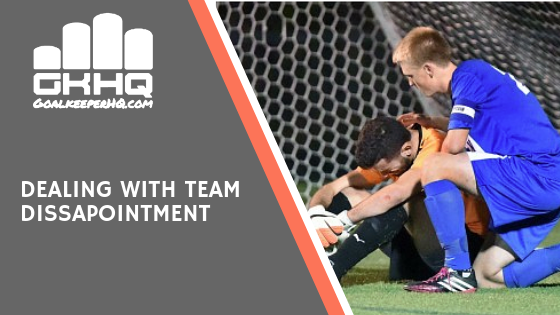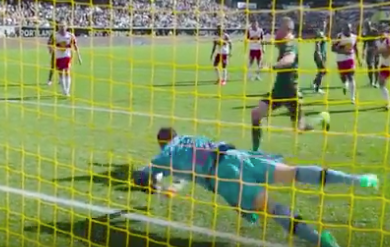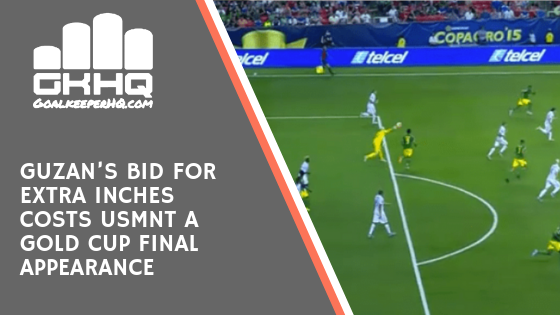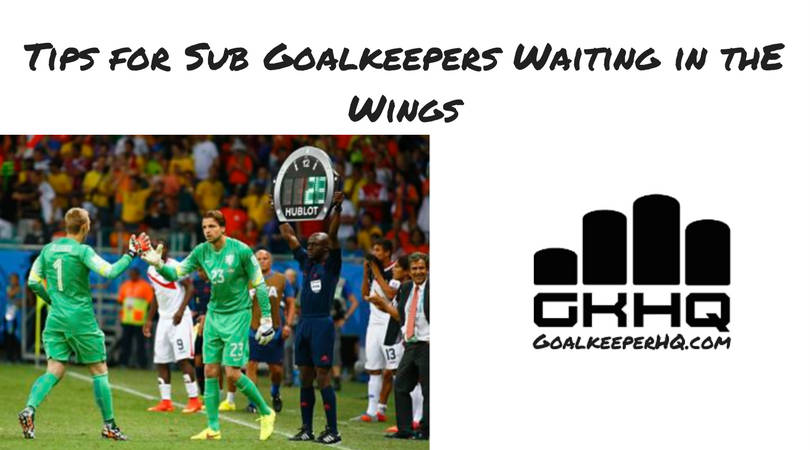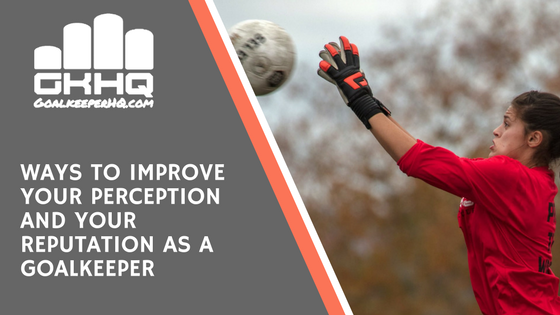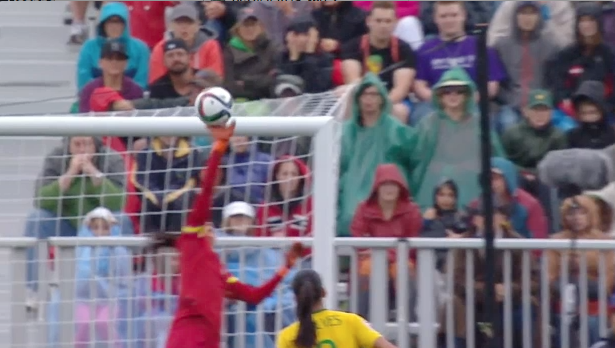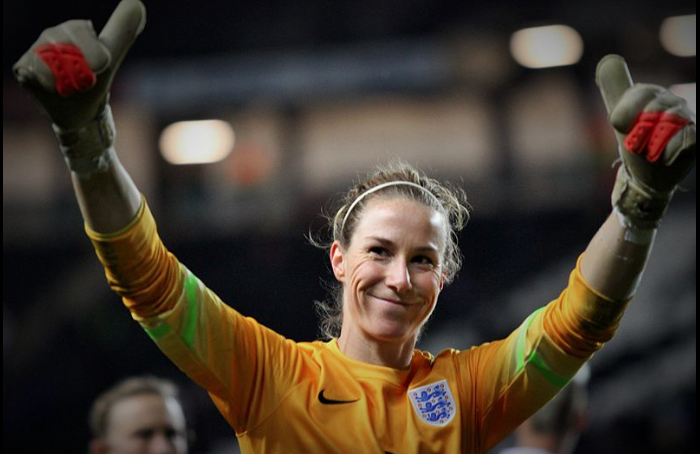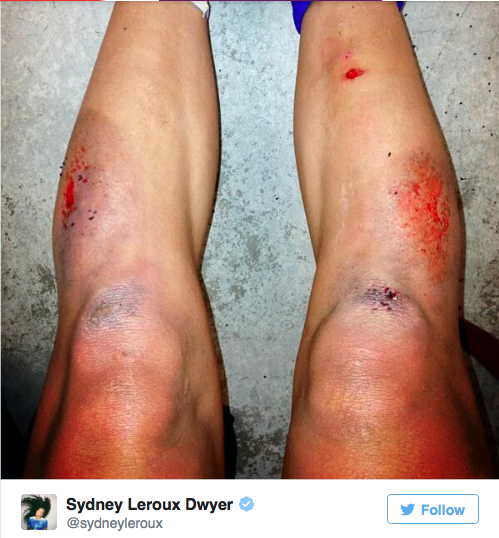As a goalkeeper, you will be prone to the odd mistake. Unfortunately for us, the goalkeeper’s mistake more often than not leads to a goal. Our hope is that any goal that comes from a goalkeeping error does not affect the outcome of the game. I have previously written about goalkeepers dealing with mistakes
Disappointment comes with playing sports as there are winners and losers. I have discussed disappointment on playing time and getting dropped from the team previously, but in this article, I would like to deal with the disappointment of a bad result.
Learning to handle disappointment appropriately is very crucial. Disappointment left unattended and unchallenged can lead, according to researchers to depression, bitterness, a weakened immune system and a more pessimistic view of life.
Disappointment is defined in the dictionary as the feeling of dissatisfaction that follows the failure of expectations to manifest. In other words, to have what you were expecting, hoping for, planning on, not work out.
Here are 7 ways players can deal with the disappointment:
- Be mentally tough. Make decisions based on your mental toughness not on your feelings. You may feel like giving up, you may feel like blowing up at the coach. Instead, decide to act as mentally tough as possible by not becoming reactive, hostile, or bitter. Venting in public, bad mouthing the coach, acting like you don’t care are poor ways to handle disappointment. Be in control over where and with whom you share your feelings.
- Find the Wins within the losses. – While every game or event has winners and losers, the real loss is when you don’t give credit where credit is due. Ask yourself what went well? While you may be critical of something you did wrong, you may be dismissing and devaluing the things you did well, because in the all or none game, if you can’t do it all, you lose. Not so. Look at professional athletes, the best hitters have the most errors, the best basketball players can’t master the free shots.
- Learn from your mistakes – Help make the crisis an opportunity for learning how to improve: Analyze like a detective what went wrong and see if there are things to help make it happen differently next time (practicing a particular skill, staying focused on the game). Analyzing is the first part of the Goalkeeper HQ learning cycle.
- Identify the outlier: When perfectionistic kids make a mistake they assume that error redefines their life, starts a new trend for them as a loser. It is important that if you are on a winning team that suffers a loss, it is an exception and should not make a new rule.
- Create your own goals for each game. Despite the outcome of the game, you can always circle back to the goals that you can control.
- Get your eyes off yourself. Serve someone else to get your mind off your own troubles. As bad as your loss may feel, remember there are many, many people who are worse off physically or environmentally.
- Research how a favorite player or role model has dealt with disappointment. Tim Howard talks about his disappointment on being so close to winning the FA Cup in this bleacher report. Howard was able to take the wins from a disappointing World Cup result for the USA as they went out to Belgium in 2014. Tim Howard had more saves ( 15 ) than any other goalkeeper since the 1966 World Cup.
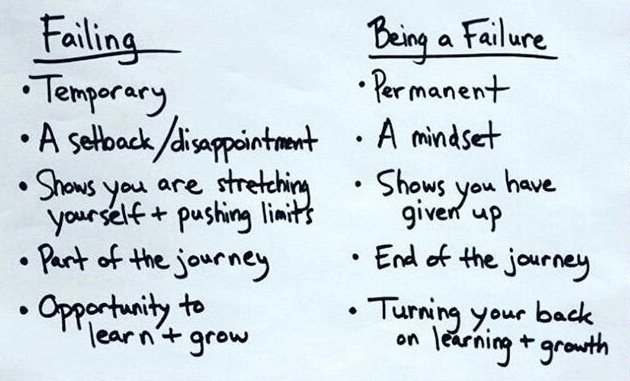
Parents dealing with a goalkeeper’s disappointment should click here
